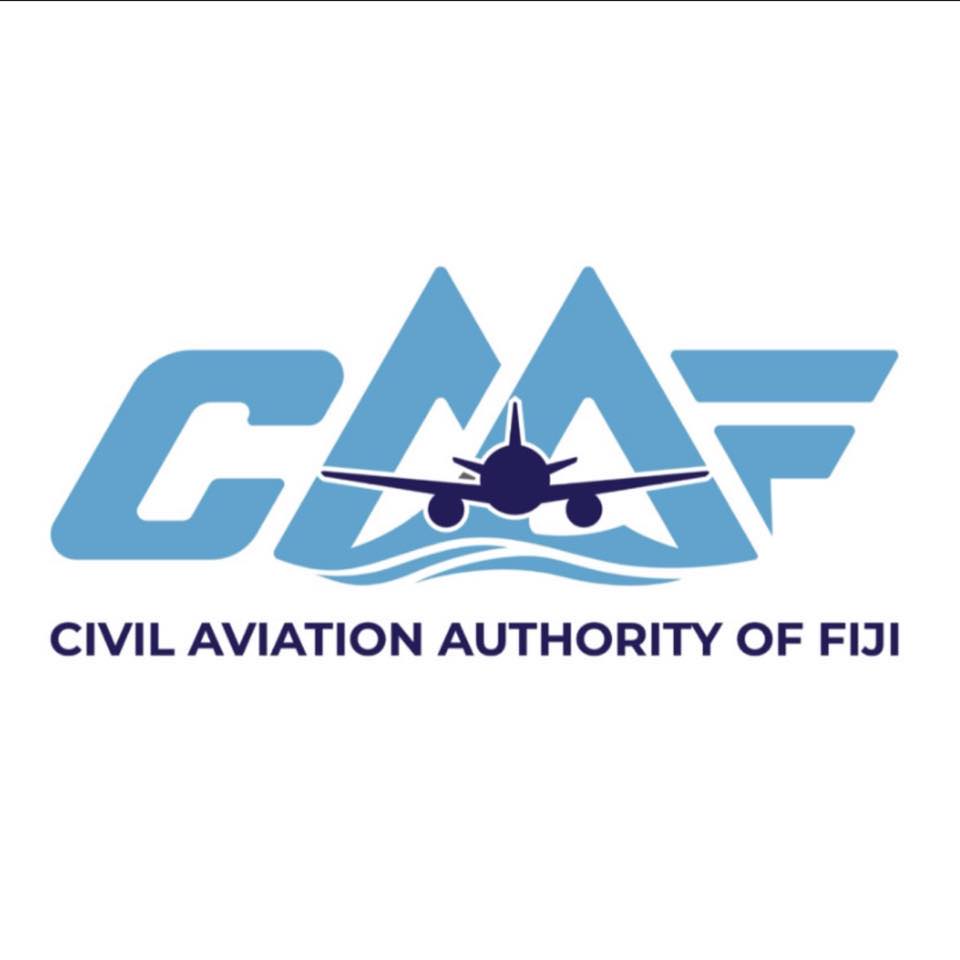An extraordinary exchange of views took place between representatives of Civil Aviation Authority of Fiji and Standing Committee on Foreign Affairs and Defence on April 8, 2025, when the committee was examining CAAF’s 2023 Annual Report. According to verbatim records of the meeting made public through Parliament last week, deputy chairperson of the committee, Rinesh Sharma, is on record saying “CAAF is not aware of the complexities of transnational crimes” while at another point, Rigamoto Aisake, CAAF’s executive manager aviation security and facilitation, is quoted as saying “yes, we have a drug problem. Perhaps, that has become more pronounced with the media, the coverage of drugs”.
IT all started with member of the committee, Virendra Lal, asking how does CAAF address the challenges posed by the increasing use of the Pacific as a transit route for illicit drugs, which has led to the rise in local drug consumption and associated safety concerns?
Rigamoto Aisake, CAAF’s executive manager aviation security and facilitation, said CAAF has a National Air Transport Facilitation Program which covers trafficking in drugs.
He said the primary objective of aviation security was not the identification of drugs on board an aircraft, but to identify improvised explosive devices, as well as weapons that are carried on board the aircraft.
“If you put drugs, for example, we have cocaine on board a particular aircraft. The aircraft will fly from Fiji, it will land in Sydney and there is no threat to the aircraft. However, if you put 250 grams of Semtex on board that aircraft, that aircraft is not going to reach Sydney. It is going to fall,” he told the committee.
“When you look at it from the aviation security standpoint, the focus is on improvised explosive devices and weapons going on board the aircraft because they will do harm. Improvised explosive devices, aircraft, you have the best pilot, you have the best engineer, but that aircraft is going to go down. It explodes. Someone has access to the weapon on board the aircraft, he or she can conduct an act of unlawful interference. From an aviation security standpoint, that is not the focus. Our focus is that that aircraft must land, and the protection of the aircraft on route each journey to ensure it lands.”
Mr Aisake continued and stated “if we have 100 kilograms of cocaine on board, the aircraft will still fly and land. If we have 250 grams of Semtex 1A, it is going to blow up. That is the difference, and that is what we try in our awareness programs with the aviation industry, which is the primary screening, both of all baggage, cabin baggage, and persons — carriage of these on the person, in their belongings, through cargo.”
Security on domestic routes
The deputy chairperson of the committee, Rinesh Sharma, asked CAAF about screening, safety, and security on domestic flights.
He said: “I absolutely disagree. It is like CAAF is not aware of the complexities of transnational crimes. We are looking at the influx of drugs. We cannot be living with a blind eye saying it is a friendly north and nothing is going to go down there.”
“Try and visit the borders of Savusavu and the Islands and you see the kind of people who have come through these yachts, they have been smuggled through. If someone gets a 3D printer, makes up a gun, gets on a flight, out of his mind, on a domestic flight, hijacks a plane, Fiji will not be negotiating with a terrorist of any sort, and then the fact that we should not wait for the storm to hit us, that is my point.”
Mr Aisake in reply said CAAF works with the Special Branch of the Fiji Police Force to assess threats.
He said the rationale is, “why should we deploy scarce resources to all the domestic airports when you have an assessed threat as low, almost negligible?”
He added, however, CAAF is mandated by the Civil Aviation Act for security-designated airports — screening out of security-designated airports at Nausori and Nadi.
“Previously, when government had wanted screening to be implemented in Labasa, we looked at the assessment, and Government’s policy was friendly north. We want to develop that. How do you reconcile friendly north with having additional security measures in place that require screening? That contradicts the policy. You say it is a friendly north and then you go ahead and beef up with screening equipment in Labasa, Savusavu and Taveuni,” said Mr Aisake.
“What are we basically saying? Friendly, but people who travel, once you are subject to screening, you know the threat level has gone up. The question we pose is, what has gone up? Has the threat level changed? Has the assessed threat level changed? Is there any intelligence to suggest that the threat level has changed that we need to vary all requirements? Can you imagine flying to Labasa, Savusavu and Taveuni, where we have to be screened all the time?”
Mr Aisake told the committee “everyone knows everyone and it does not make sense.” He added “security must make sense. If there is a change in the threat level, yes.”
“Yes, we have a drug problem. Perhaps, that has become more pronounced with the media, the coverage of drugs. In terms of aviation, there have been allegations that drugs have been carried through aviation, but we have not got specific documented evidence to suggest that has happened.
“Coming back to my initial point, domestic, the assessed threat level is negligible or low, but it does not mean that we are not monitoring that, together with Special Branch.”



